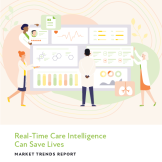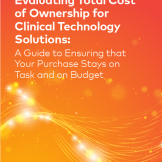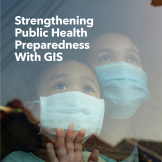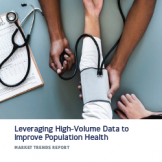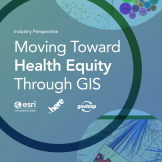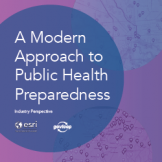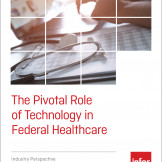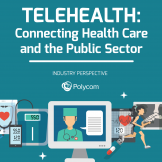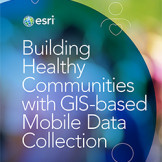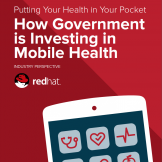Real-Time Care Intelligence Can Save Lives
According to the National Institute of Mental Health, one in five adults in the United States — 52.9 million people — live with a mental health condition. Additionally, approximately half of them also have substance use disorders. Government agencies at all levels are taking swift action to provide support — but stigmas, siloed data andRead… Read more »

